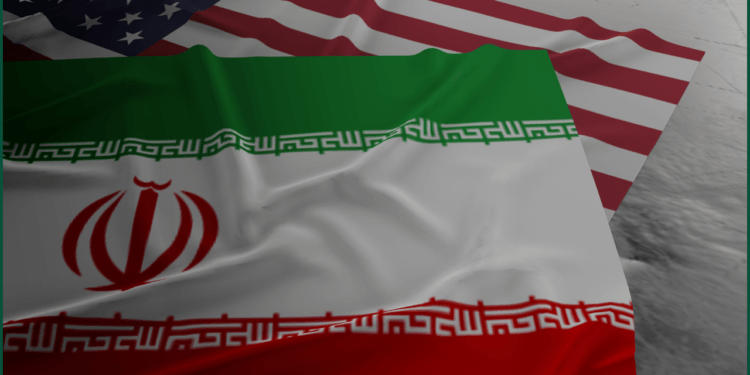April 08, 2025 – Tehran is bracing for a pivotal weekend showdown with the United States as both nations prepare for nuclear talks in Oman, set to commence on Saturday. Iranian officials, speaking to Reuters, expressed a mix of guarded optimism and entrenched skepticism about the prospects of a breakthrough, accusing the U.S. of leveraging threats to force concessions. The negotiations, announced by U.S. President Donald Trump on Monday, mark a rare direct engagement between the two adversaries, though Iran insists on keeping the dialogue indirect for now.
Iranian Foreign Minister Abbas Araqchi, who will spearhead Tehran’s delegation, emphasized the need for mediated discussions to ensure a “credible exchange.” He told state-run IRNA, “The U.S. has a history of coercion, and indirect talks through Oman’s Foreign Minister Badr al-Busaidi offer the best path forward.” On the U.S. side, Trump’s Middle East envoy Steve Witkoff will lead a team tasked with securing a broad agreement, though sources say the talks will steer clear of technical minutiae in favor of big-picture diplomacy.
The stakes are high amid a volatile Middle East backdrop. Since 2023, conflicts in Gaza, Lebanon, Yemen, and Syria—coupled with tit-for-tat strikes between Iran and Israel—have inflamed tensions. Trump, back in office since January, has dialed up the rhetoric, warning of military action if Iran doesn’t bend. Tehran views this as a calculated ploy to pressure it into a deal that curbs not just its nuclear ambitions but also its regional influence and missile capabilities—red lines for the Islamic Republic.
“We won’t dismantle our nuclear program or abandon our defenses,” a senior Iranian official declared. “Israel’s arsenal looms large, and we can’t leave ourselves vulnerable.” Another official echoed this defiance, questioning how Iran could trust U.S. intentions without tangible goodwill, such as lifting sanctions or releasing frozen assets. Regional diplomats suggest Tehran might soften its stance on direct talks if Washington offers such a gesture.
Oman, a seasoned neutral broker, will host the negotiations, with Russia voicing cautious support. Kremlin spokesman Dmitry Peskov called the talks “a chance to cool tensions,” a sentiment underscored by Moscow’s ratification of a 20-year strategic pact with Iran on Tuesday. The deepening Russia-Iran alliance, particularly in military cooperation, adds another layer of complexity to the U.S.-Iran dynamic.
Trump’s decision to scrap the 2015 nuclear accord during his first term derailed decades of stop-start diplomacy. Iran insists its nuclear pursuits are civilian, while Western powers, led by the U.S., see them as a stepping stone to a bomb. Israel, fresh off a 2024 victory over Iran’s ally Hezbollah in Lebanon, is watching closely. Prime Minister Benjamin Netanyahu, who met Trump this week, hinted at a preference for a total dismantling of Iran’s program—akin to Libya’s in 2003—or failing that, military action.
Iran remains unbowed, its leaders vowing to weather any storm. With sanctions a familiar foe and the ability to disrupt global oil flows in its back pocket, Tehran is signaling it won’t be easily cornered. As Saturday nears, the world waits to see if Oman’s desert diplomacy can bridge a chasm decades in the making—or if the drums of war will grow louder.

















































